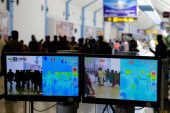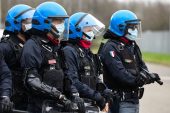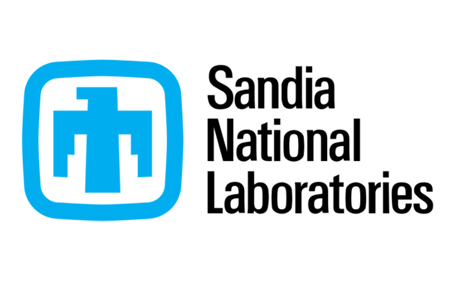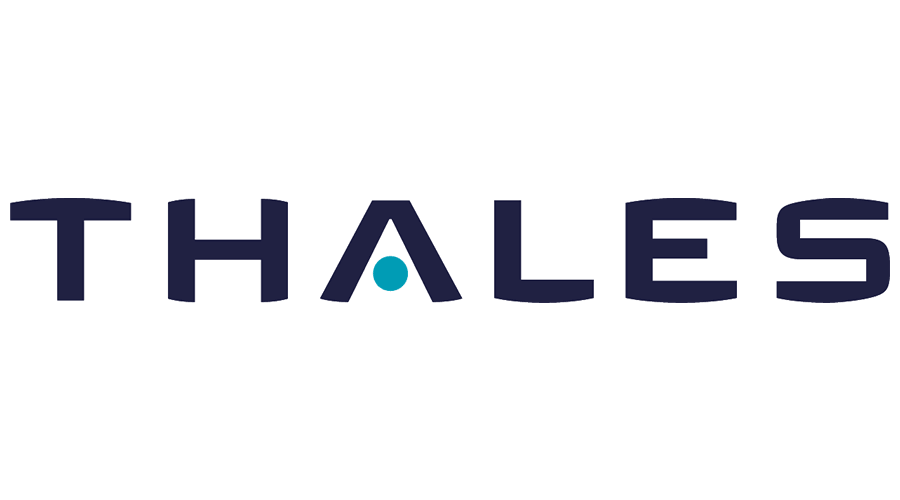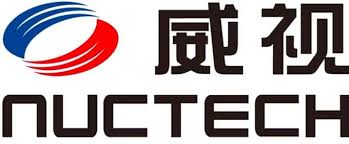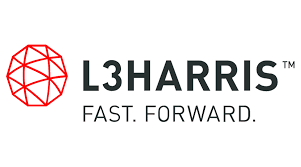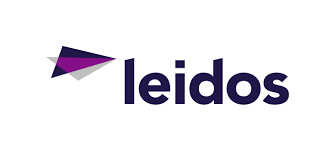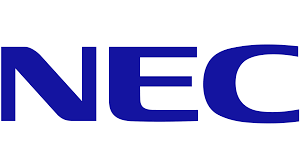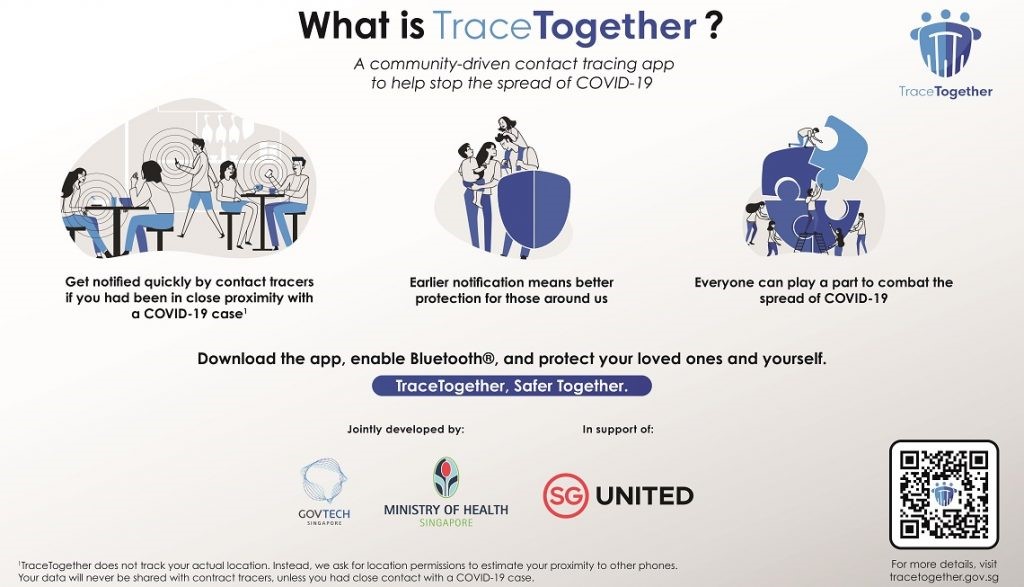
Singapore Contact Tracing Strategy to Mitigate COVID-19
The Singaporean government has launched a new app for contact tracing to combat spread of COVID-19 called TraceTogether. The app, which is another tool used by Singapore to trace potentially infected people, works by exchanging short-distance Bluetooth signals between phones to detect other participating TraceTogether users in close proximity.
Up to now, contact tracing mainly relied on the recall and memory of interviewees as well the use of CCTV, big data & data visualization and detective work by contract trace officers. There were, however, instances when interviewees could not remember all their contacts, or did not have information on whom they had been in contact with.
Therefore, The Government Technology Agency of Singapore (GovTech), the in-house IT agency of the Singapore public service, in collaboration with the Ministry of Health (MOH) developed the TraceTogether app which works by exchanging short-distance Bluetooth signals between phones to detect other participating TraceTogether users in close proximity. Records of such encounters are stored locally on each user’s phone. If a user is interviewed by MOH as part of the contact tracing efforts, he/she can consent to send his/her TraceTogether data to MOH making it easier for them to conduct the investigation. In addition, it enables contact tracers to inform TraceTogether users who are close contacts of COVID-19 cases more quickly. This enables users to take the necessary action sooner, such as monitoring his own health closely for signs of flu-like symptoms as well as go into self-isolation just to be on the safe side.
The development of the TraceTogether app is just another step the Singaporean government took as part of their very successful strategy to mitigate the COVID-19 outbreak. Up to now, their contact trace officers have contacted 6,000 suspected people using a combination of CCTV footage, big data & data visualization and manual investigations to mostly help them trace contacts whose identities aren’t known in the first instance, for example a taxi passengers who did not make an app booking, or paid by cash. According to the Singapore Ministry of Health, as of 16 March, Singapore had confirmed 243 cases and no deaths. For about 40% of those people, the first indication they had was the health ministry telling them they needed to be tested and isolated.
Are you planning ahead so you know how to act once the crisis is mitigated? Make sure you use this time effectively to gather valuable information on your market, your competitors, and your customers.
Contact HSRC today to better understand these new measures. Don’t sit back and wait until it is all over or it might be too late.
Need help from the experts? info@homelandsecurityresearch.com
Contact our team of analysts for a customized research report on your next market.
Phone: +1-(202)-765-2589
Email: info@homelandsecurityresearch.com
Customized services: https://hsrc.biz/customized-reports/

